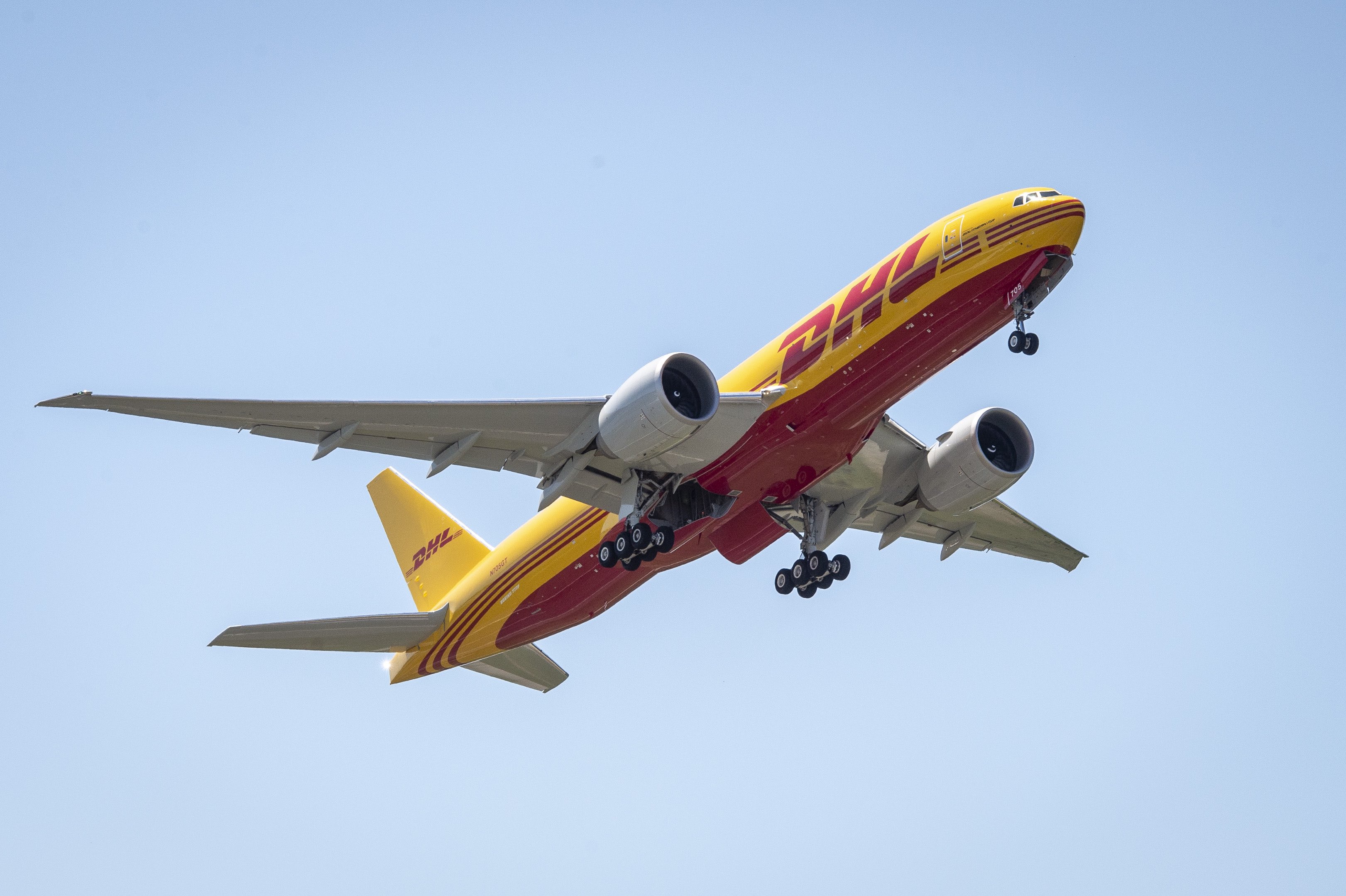Shell to supply SAF to DHL Express at Schiphol
18 / 12 / 2020

DHL Express has signed a deal with energy firm Shell Aviation that will see it being supplied sustainable aviation fuel (SAF) to power flights from Amsterdam Schiphol Airport.
DHL said the deal will enable it to operate flights using SAF, which is an “important step forward” in its steps to achieve zero emissions by 2050.
Volume-wise, Shell Aviation is supplying a full year of DHL Express’s fuel requirements from Schiphol Airport, which will thereby help it to reduce its emissions from the hub.
“This deal demonstrates the contribution that business can play in decarbonising aviation through the cargo sector,” said a spokesperson for Shell.
Alberto Nobis, chief executive at DHL Express Europe, commented: “We are committed, as part of our mission to achieve zero emissions by 2050 to make our services green and sustainable for our customers. To fight against climate change, we need to reduce carbon emissions and leveraging the sustainable fuel solutions available today can play a critical role.
“Flying on SAF is an important step in our decarbonisation journey, both for our operations and reducing the emissions footprint of transported goods for our customers.”
Cost a key factor in environmental modal shift
Air France KLM Cargo launches sustainable fuel programme
Lufthansa Cargo commits to UN sustainability programme
Anna Mascolo, president at Shell Aviation, added: “We’re proud to be working with DHL Express and supporting them in taking the next step in their decarbonisation journey. [This] agreement is an excellent example of how the cargo aviation sector can help accelerate aviation’s pathway to net-zero emissions by building demand as the fuel industry seeks to increase supply of SAF.”
Thorsten Lange, executive vice president, renewable aviation at Neste, said: “The aviation industry is essential for global business, generating growth and facilitating economic recovery. It also enables people to travel and goods to be transported rapidly across the globe. But if we are to address aviation-related emissions, we need to utilise all the available solutions.
“SAF offers the only viable alternative to fossil liquid fuels for powering commercial aircraft with an immediate potential to reduce aviation’s greenhouse gas emissions. We are fully committed to supporting the aviation industry, its customers and corporates with their emission reduction targets.”
Earlier this month, Air France KLM Martinair Cargo launched an SAF programme that allows customers to select how much of their freight they would like to be flown using SAF. The carrier said that it set up the programme to help stimulate demand for SAF, as it is not yet widely available.
Last month, Lufthansa Cargo and DB Schenker teamed up to carry out the first ever CO2-neutral freighter flights, powered by SAF.
Goods from Siemens Healthineers and other companies were transported on the initial flight.
Also last month, salmon farmer Hiddenfjord completely axed the use of airfreight in a move to sharpen up its green credentials.
“Salmon is a sustainable food choice with a much lower carbon footprint than other sources of animal protein,” Hiddenfjord said.
“However, airfreight is a major contributor to global CO2 emissions, and a large part of the fresh farmed salmon is exported to global markets by air.”














